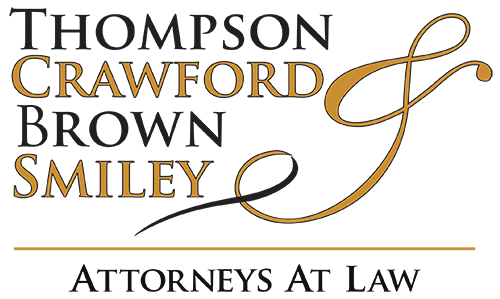What is a will?
A will is a written document that controls the disposition of property at death.
Why Do I Need a Will?
Through a valid will, you get to decide who gets your property instead of the law making the choice for you.
This includes property such as family heirlooms and real estate you own. Wills can be used to name alternative guardians for your children should you and your spouse/partner pass away prior to them reaching the age of 18. You even get to choose your estate’s personal representative (a person assigned to execute the division of your estate), so that you are assured your estate is being distributed according to your wishes.
Each state has different requirements for a legal will. In Florida, Title 42, Chapters 731 – 740 governs estate planning, and discusses in depth the legal requirements needed to execute a valid will.
At a minimum, wills in Florida require the following:
- The testator (person making the will) being over the age of 18;
- The testator being of sound mind;
- A written will; and
- A properly witnessed and notarized will as stated by the Florida law.
The will is not final until the death of the testator. Therefore, changes can be made either by drawing up a new will or by executing a codicil, which is a written addition or amendment, executed with the same formalities as a will.
What happens if I die without a will?
If you die without a will, this is known as dying intestate.
This means that your property will be distributed to your spouse and heirs according to a formula fixed by law. In Florida, if you have a surviving spouse only, he or she would receive the entire estate. If you have children who are the biological descendants of your spouse, your spouse will receive the entire estate. The law begins to deviate when there are children not common to the marriage (i.e., stepchildren). In this case, if you have children from a previous relationship, then your surviving spouse would only receive half of the estate. This is also true if both you and your spouse have children from previous relationships. The intestate succession laws in Florida also contain provisions for half-siblings, children born out of marriage, and other scenarios which may pertain to your individual situation.
If you have a home/property that is under the Florida homestead exemption, and you die without a will, your home will be protected from creditor claims, except from claims by the mortgage company or the IRS.
The important thing to note is that if you know what you want, a will protects your estate and eliminates uncertainties that would arise if left to the court.
What if something happens to me and I can’t make any decisions?
Estate planning involves more than just taking care of your property. It involves choosing individuals who can make financial and health decisions on your behalf should you be incapacitated. A living will, health care surrogate, and durable power of attorney can assist in facilitating for your care in the event of incapacitation.
A living will allows you to execute a written declaration specifying your preference for the use of life-prolonging procedures. You may not want the doctor to keep you on life support, and with a living will, you can express this. Without a living will, your doctors will more than likely follow the wishes of your relatives in using those procedures, even if you are against it.
A health care surrogate is someone chosen by you to make health care decisions for you when you are unable to. It’s important to discuss your wishes with your health care surrogate prior to executing the paperwork so that they honor your wishes if the need arises.
A durable power of attorney allows someone to assist in handling your financial affairs. They can pay the bills for you, conduct transactions at financial institutions, and assist with other financial needs that should arise. If no expiration date is chosen for the power of attorney, it expires upon your death. This type of power of attorney is the most common, but there are other types that may be better suited for your individual financial needs.
Are you interested in obtaining estate planning documents? We’re here to help!
All of the attorneys at our office have extensive experience in estate planning. We are ready to guide you through the process and ensure your estate is protected. Please call us with your legal needs and related questions at 850-386-5777 or reach us through our Contact Form.
